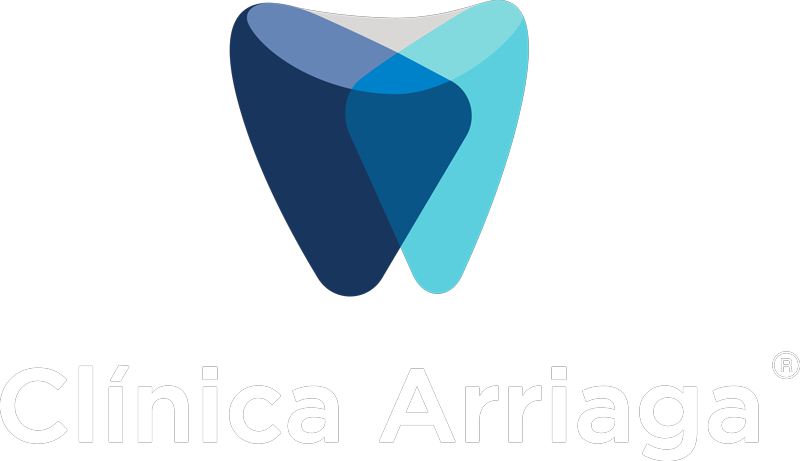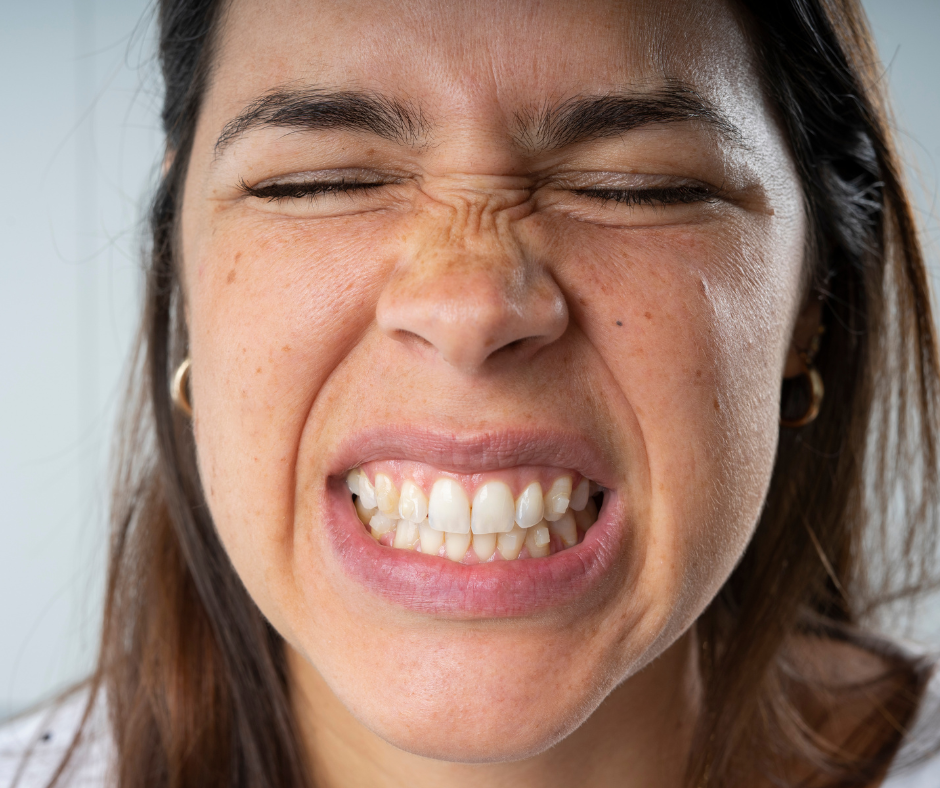Bruxism is an involuntary movement disorder, characterized by clenching and grinding of the teeth, where excessive force is applied to the masticatory muscles, which causes wear on the teeth.
This is classified according to the moment in which it happens: it is called awake bruxism when the person is awake and sleep bruxism when the person is sleeping; but usually bruxism is mixed, that is, almost always those who clench or grind their teeth during the night also do it during the day.
Prevalence:
It is estimated that bruxism affects about 40% of children (in sleep), but this prevalence decreases over the years and in adulthood (22% to 30% in waking bruxism and 8% to 16% in sleep bruxism).
Signs and symptoms:
- Grinding or clenching your teeth with force (audible enough to wake the person next to you)
- Tongue and cheeks scored or bitten
- Worn or fractured teeth, tooth mobility and sensitivity, sore gums
- Frequently wobbly restorations, crowns, or implants
- Misaligned teeth in adulthood
- Pain or discomfort in the muscles of the face – “stuck muscles”
- Headache
- Temporomandibular joint dysfunction (clicking, pain, or difficulty opening your mouth or limited movement), neck, or face
- Snoring or sleep apnea
- Pain similar to an earache, although there is no problem in that area.
- Sleep disorders
Causes:
- Anxiety, tension, stress
- Neurological disorders (e.g., Parkinson’s disease, epilepsy)
- Sleep disorders (snoring and sleep apnea)
- Gastroesophageal reflux
- Medications (such as some antidepressants)
- Too much coffee
Prevention and approach:
- Treatment will depend on the causes and should be individualized, and may include:
- Occlusal splints – to protect the teeth and relax the joint
- Anxiety medication (such as anxiolytics)
- Psychotherapy
- Relaxation exercises/techniques
- Sleep hygiene measures
- Reduce consumption of caffeine, tobacco, chocolate, and alcohol (central nervous system stimulants)
- Avoid chewing gum, as it intensifies muscle activity
NOTE: Children of parents with bruxism are more likely to be affected.




